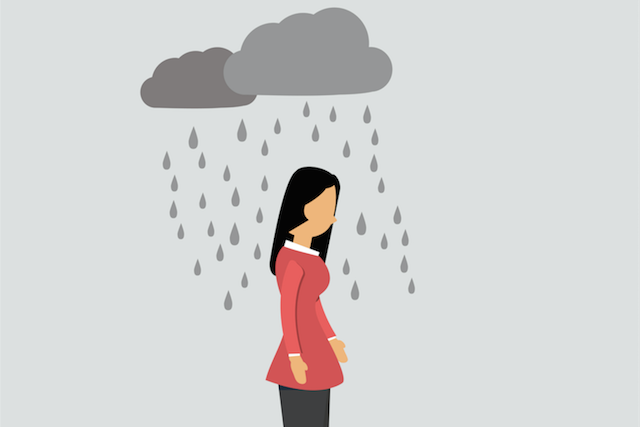The Effects of Depression on sleep for most people with chronic major depression, are usually the first sign that led them to seek treatment. Insomnia is the inability to sleep well. The constant inability to sleep will have a big impact on your quality of living. You will find it hard to fall asleep or stay asleep for the day.

Insomnia is a symptom of depression and if untreated can be a very serious and even deadly illness. The lack of sleep affects your mood and energy level. This new research shows that insomnia is actually a symptom of depression and not the other way around. Insomnia is usually addressed by prescription sleep aids which may provide some relief. But there are times when these medications cannot keep you well-rested long enough to make a real difference.
There are some things you can do to treat depression and insomnia together. First, if you do not get enough sleep, you should consider doing some physical activity, such as walking, jogging or even just having some friends over to watch a movie. Physical activity is known to improve mood and sleep. It is also a great habit to maintain and you will find that it is easier to sleep better when you do physical activity each day.
Another symptom of depression and insomnia is chronic pain. In most instances chronic pain is not the primary problem. Often, in cases where hip pain, back pain, head pain or neck pain is the cause, the secondary symptom of depression is not being able to alleviate the pain. So it is often time to consider adding a prescription pain medication to your daily routine.
Anxiety is another common symptom of depression and insomnia. Anxiety is a normal part of our lives and it is very hard for people to determine if there is an underlying cause for the anxiety. Anxiety can be a very debilitating symptom and often leads to depression if the person suffering from chronic pain doesn't get treatment. In these cases, treating the depression and improving the quality of life can be the best thing for both the person with the chronic pain and the patient seeking treatment.
A third common symptom of depression and insomnia is sleep architecture. This is the tendency to sleep on one's side or to adopt other sleep habits that make it difficult to get a full night's sleep. Many depressed people turn to drugs to treat depression and insomnia but these drugs have many unpleasant side effects. They can also make depression worse and make it more difficult to prevent relapse when depression rears its ugly head again. People seeking to treat depression and insomnia should explore alternative treatments, such as herbal treatments, homeopathic remedies, hypnosis, biofeedback and cognitive-behavioral therapy.
The fourth reason people feel depressed and anxious is feeling depressed and anxious all of the time. Most people who suffer from chronic depression and insomnia also experience extreme feelings of anxiety about being sick and dying. These feelings lead to severe physical and psychological distress. When you combine feelings of sadness and hopelessness with feelings of helplessness and exhaustion, you get a very potent recipe for disaster. This can then perpetuate itself into a vicious cycle that is nearly impossible to break.

Finally, another key reason that people feel depressed and anxious all the time is their sleep problems. Many depressed people find that they never get a good night of sleep. This can lead to feelings of fatigue, irritability and depression. The best way to treat depression and sleep problems is to get enough sleep and avoid stimulants such as caffeine, which deplete the body of serotonin and other important neurotransmitters.